"When trust becomes a commodity, the law must intervene"
Discussing the draft Law on E-commerce on the afternoon of November 13, delegate Huynh Thi Phuc (HCMC) strongly warned about the situation of "manipulating consumer trust" through social networks and digital platforms.
According to her, social networks today are not only a place for entertainment but have become "disguised e-commerce markets", where buying, selling and advertising take place openly but are difficult to control.
“Amidst the dancing, smiles and livestream lights, people sell without saying they are selling; advertise without admitting it is advertising,” Ms. Phuc described.
Just a bottle of cosmetics or a dress, along with a few random words, can attract thousands of likes, comments, shares and lead to purchasing behavior. Behind those seemingly harmless videos , according to delegates, is an unregulated, uncertified commercial system and no one is responsible.
What is worrying is that many of these types of behaviors do not fall into the four groups prohibited in the draft law (fraud, counterfeit goods, coercion of users, algorithm manipulation). “They do not directly commit fraud or sell counterfeit goods, but take advantage of influence, reputation or use offensive images to sell goods and make money from views,” she said.
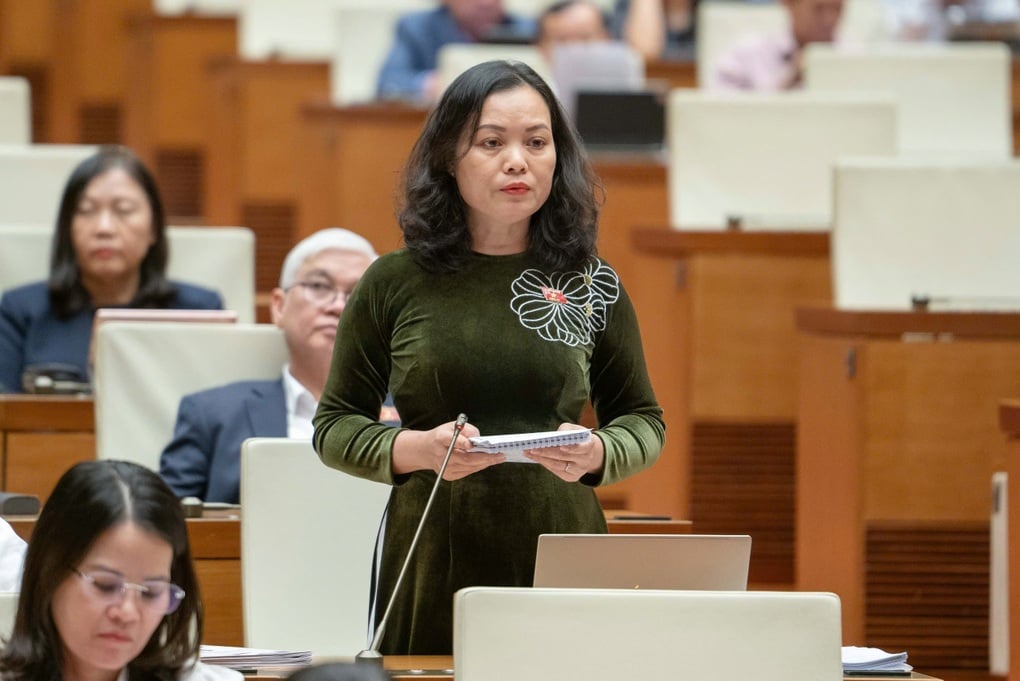
Delegate Huynh Thi Phuc, Ho Chi Minh City delegation (Photo: Media QH).
The delegate said that today's users "trust people more than products, trust charisma more than labels, trust KOLs, KOCs, Tiktokers more than inspection stamps".
“When trust becomes a commodity, it is no longer a cultural issue but a commercial issue, and the law must intervene,” she stressed.
Based on that reality, she proposed adding Clause 5 to Article 6 of the draft law, prohibiting the exploitation of images, reputation, prestige or the use of offensive images to promote, provide services, and spread disguised e-commerce content.
According to her, this regulation will be an important legal basis to handle the situation of "selling without saying it is selling", and at the same time prevent the trend of turning commercial activities into "view-baiting" entertainment that negatively affects culture and social ethics.
She also recommended increasing the responsibility of platforms such as TikTok, Facebook, and YouTube, and not allowing algorithms to prioritize offensive videos just because they generate a lot of interactions, because this "could be the door to pushing poor quality products onto the market."
2.5 million livestreams per month: Need to manage properly
During the discussion session on the draft Law on E-commerce, delegate Tran Quoc Tuan (Vinh Long delegation) emphasized that e-commerce has become a dynamic part of the Vietnamese economy .
He cited a report published in April 2025 showing that there are about 2.5 million livestream sales sessions each month, ranging from large e-commerce platforms to farmers selling their own agricultural products.
“This scale shows that e-commerce has become the lifeblood of the digital economy, creating livelihoods for hundreds of thousands of people. Therefore, the National Assembly's completion of the legal framework is a timely and necessary decision to ensure the digital market develops transparently and sustainably,” he said.
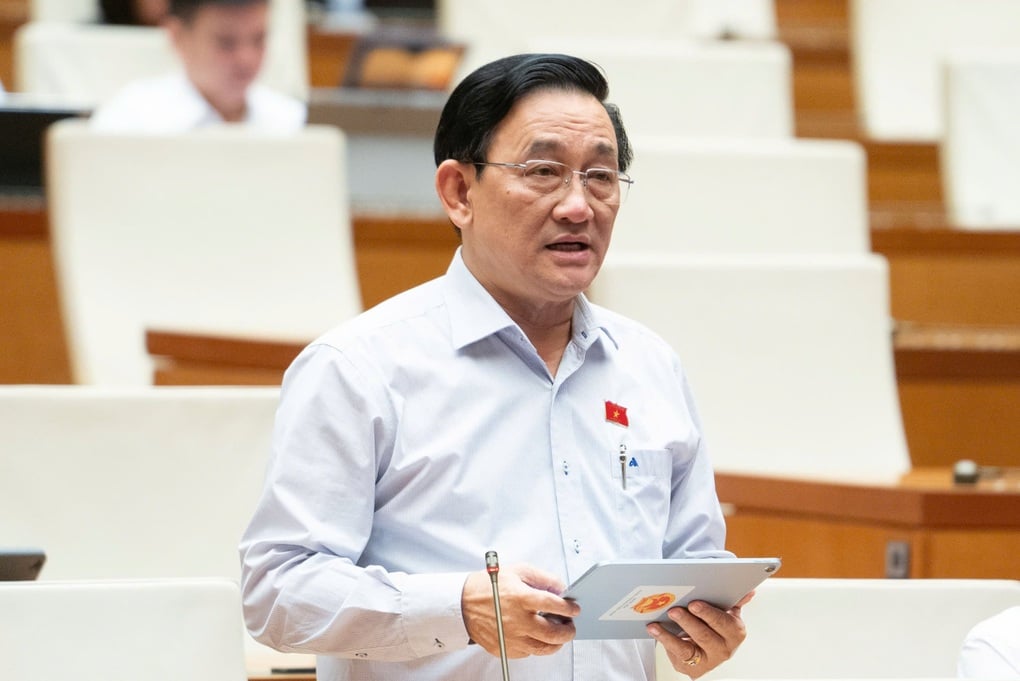
Delegate Tran Quoc Tuan, Vinh Long delegation (Photo: Media QH).
Delegate Tuan paid special attention to Clause 3, Article 20 of the draft law, which stipulates that sellers on intermediary platforms are not required to provide specific information on product labels such as production date, expiry date, batch number, frame number, and engine number.
According to him, this is a "big gap", because this information is decisive in distinguishing genuine and fake goods and assessing product safety.
“In fact, in recent times, many cases involving smuggled cosmetics, expired functional foods or poor quality goods being sold as new have shown the risks that consumers face,” he said.
Delegates proposed to completely remove the regulation allowing not to provide this information, considering it a prerequisite to strengthen social trust in online transactions.
Along with the requirement for information transparency, delegate Tuan said that the current dispute resolution mechanism does not meet practical requirements.
“Online shoppers, especially with small transactions, have almost no place to protect their rights when e-commerce platforms delay or refuse to process transactions,” he said.
He proposed the establishment of a National Online E-Commerce Dispute Resolution Center, operating under the supervision of the Ministry of Industry and Trade and the Ministry of Justice. This model, he said, has proven effective in the EU, Singapore and South Korea, helping to shorten the time to resolve disputes to just 7-10 days.
Source: https://dantri.com.vn/kinh-doanh/can-cam-loi-dung-danh-tieng-hinh-anh-phan-cam-de-ban-hang-online-20251113172741941.htm






![[Photo] Deep sea sand deposits, ancient wooden ship An Bang faces the risk of being buried again](https://vphoto.vietnam.vn/thumb/1200x675/vietnam/resource/IMAGE/2025/11/13/1763033175715_ndo_br_thuyen-1-jpg.webp)



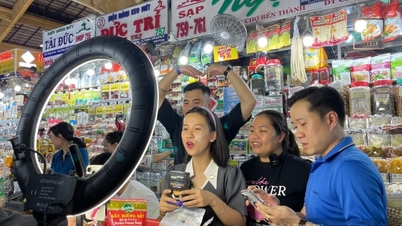

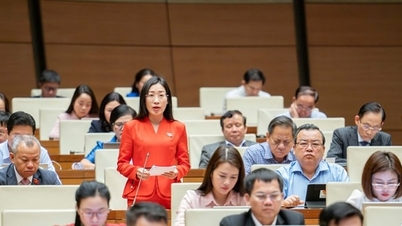

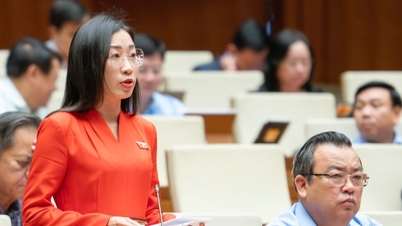
























































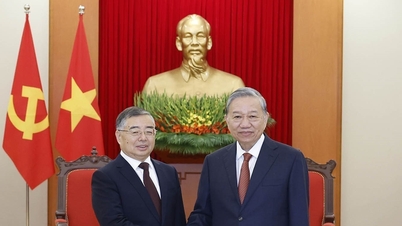
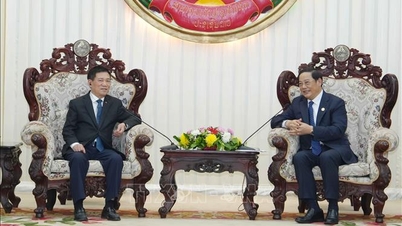









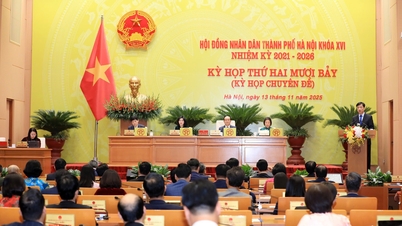

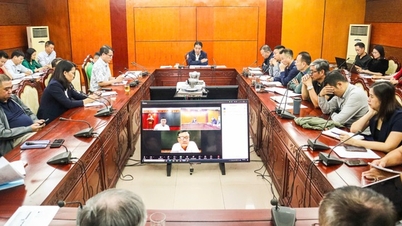

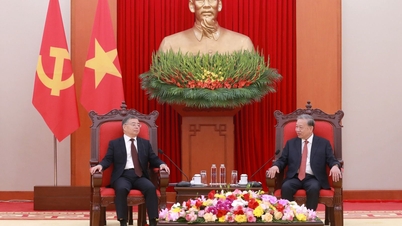





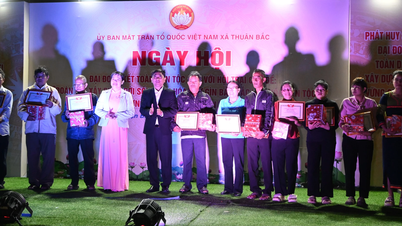
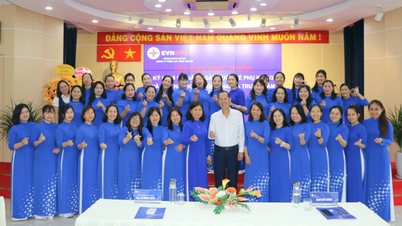
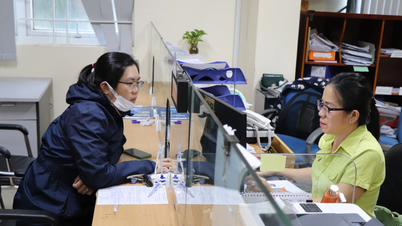




![Dong Nai OCOP transition: [Article 3] Linking tourism with OCOP product consumption](https://vphoto.vietnam.vn/thumb/402x226/vietnam/resource/IMAGE/2025/11/10/1762739199309_1324-2740-7_n-162543_981.jpeg)







Comment (0)